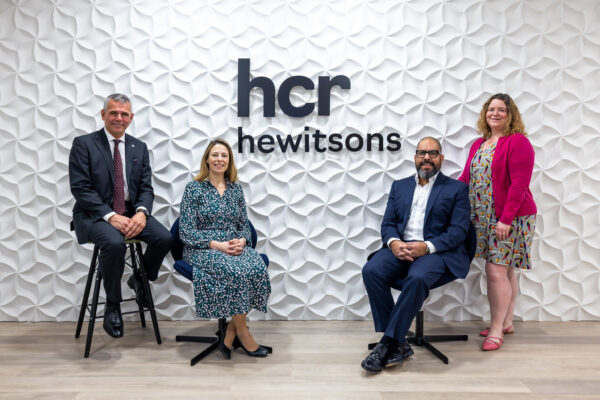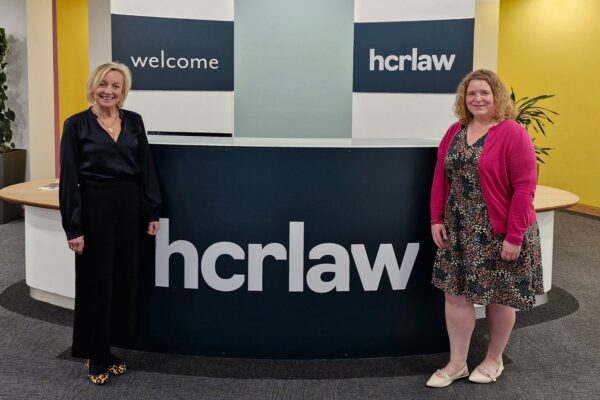

Over the past 10 years, the Charity Commission has been conducting research to gain an insight into the public perception of the charity sector and how trustees undertake and understand their vital roles and responsibilities.
On January 2024, the Commission published some of its findings and an analysis of this research. A copy of this research can be found here and some of the key findings are explored below.
Public trust in charities
The Charity Commission has been working to find out what drives trust in charities and how charities can foster this. In summary, the research showed that:
- Public trust in charities is nuanced and complex, driven not only by good regulation but also the actions and behaviours of individual charities
- Negative actions by one charity can have an effect on the perception of charities generally
- Not everyone thinks of charities as the same thing or values them in the same way.
The research has found that public trust in charities has started to stabilise after a significant fall during 2016 to 2018. Charities are now more trusted than most institutions including the police, banks, private companies and MPs – with trust in institutions such as the police falling within the last couple of years.
Trust in charities differs based on personal circumstances
As part of the research, the Charity Commission has highlighted how trust in charities differs based on personal circumstances.
University educated professionals in cosmopolitan areas have:
- The highest trust in charities overall
- The greatest trust that donations and financial assets are well-used by charities
- The highest support for charities campaigning to influence change.
Economically comfortable business managers and owners predominantly outside of cities:
- Have above average trust in charities overall
- Are less likely to describe charities and their work as important or essential
- Are less supportive of charities campaigning to influence change.
Less well-off people in densely populated and diverse areas:
- Have trust in charities overall, which is greater than the very low trust they have in other institutions
- Are most likely to have received at least one form of assistance from a charity each year
- Are also most likely to place value on the importance of charities and the work they carry out.
Blue collar workers in rural areas and small, traditional market towns:
- Have the lowest trust in charities overall – yet are more confident in smaller community charities than they are in larger charities
- Are likely to have greater scepticism that donations and financial assets are well-used by charities
- Are the least supportive of charities campaigning to influence change.
Overall, it was found that people in more well-off communities are more likely to have trust in charities than those who are less well-off, whereas people from more diverse communities tend to have higher support for the idea of charities campaigning on issues affecting them.
Different factors affecting public perception of charities
From the Charity Commission’s analysis of their research, it was found that the actions of one charity can have a negative influence on people’s perceptions of other charities also. This highlights the importance of the Charity Commission’s role as regulator of the sector as it aims to prevent wrongdoing and give confidence that charities are accountable and responsible for their actions, whether good or bad.
Additionally, it was found that the public differentiates between large national or international charities and small local charities. The statistics showed that 40% of the people questioned were more likely to trust a charity that focused on their local area, compared to 19% who are more likely to trust a charity that works across the country or beyond. This is likely because local charities can deliver a more visible local impact.
The role of trustees
One area the research focused on was charity trustees’ understanding of their responsibilities. Overall, it was found that trustees’ understanding of their responsibilities is good, albeit with key gaps. For example, the research shows that where trustees have high confidence about their role:
- 98% said they were very, or fairly, confident about governing their charity
- They are similarly confident about protecting their charity and its beneficiaries from wrongdoing and harm
- Over 90% understand that they are responsible for ensuring that all the charity’s activities help to fulfil its purpose.
However, there are some areas where a minority of trustees need to refresh their understanding of the role. For example, around one in five have not fully appreciated that as the key decision-making body responsible for governing and directing the charity, they are collectively responsible for critical functions and cannot wholly delegate that overall responsibility.
In particular, it was shown that there is less comfort on financial oversight, including for the charity’s annual accounts. In addition to this, only around 75% of trustees could correctly identify what is, and what is not, a conflict of interest when presented with different scenarios.
Helpfully, the Charity Commission has issued a five-minute guide and associated awareness-raising campaigns which they recommend all trustees should access. They are also working with the sector to strengthen trustees’ understanding of their responsibilities which can help with financial oversight and reporting, as well as dealing with conflicts of interest.
The Charity Commission’s upcoming strategy for 2024-2029 confirms they will continue raising awareness of their own work and their role in supporting charity effectiveness. The research has shown that those trustees who use Charity Commission guidance are consistently better informed about their role and responsibilities and as such, we would encourage charity trustees to keep up to date with the guidance.










